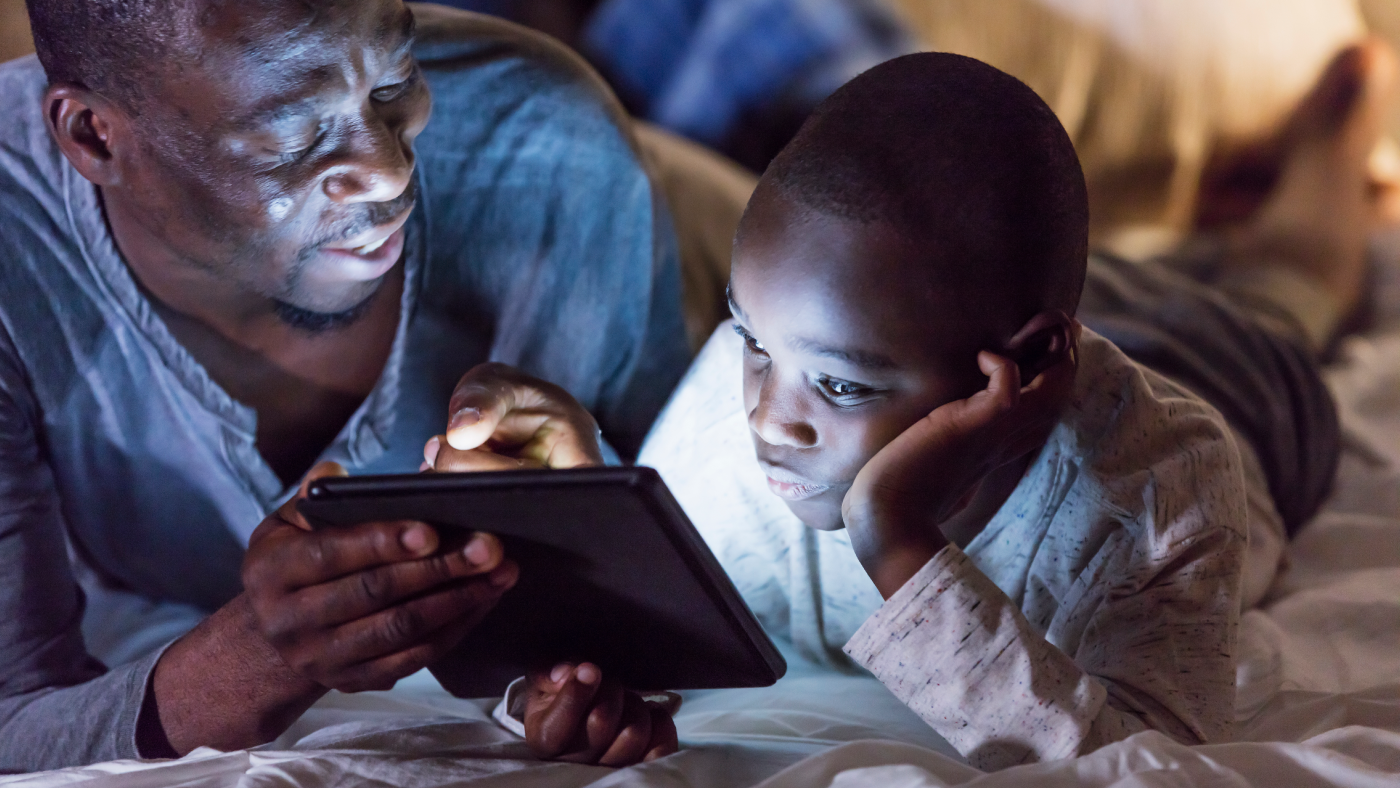
Shareable quotes from Americans on online harassment
Quotes from Americans on their experiences with online harassment, from @pewresearch
Quotes from Americans on their experiences with online harassment, from @pewresearch
Roughly four-in-ten Americans have personally experienced online harassment, and 62% consider it a major problem.
As the iPhone turns 10 years old this week, take a look back at the broader story about the ways mobile devices have changed how people interact.
Lee Rainie, director of Internet, Science and Technology research at the Pew Research Center, described the Center’s research about public views related to facts and trust after the 2016 election at UPCEA's “Summit on Online Leadership.”
Roughly two-thirds of Americans ages 65 and older now get news on a mobile device (67%), a 24-percentage-point increase over the past year.
An analysis of online searches in 2015 and 2016 opens a window into the path and timing of migrant flows from Middle East to Europe.
Predictions from experts about online connectivity in the next decade, from @pewresearch and @ImagineInternet.
Despite broad concerns about cyberattacks, outages and privacy violations, most experts believe the Internet of Things will continue to expand successfully the next few years.
Some major newspapers reported a sharp jump in digital subscriptions, but the industry as a whole faced ongoing challenges in 2016.
The growing prevalence of cellphones comes as the typical American household now contains a wide range of connected devices.

Roughly four-in-ten Americans have experienced online harassment. Growing shares face more severe online abuse such as sexual harassment or stalking.
Two-thirds of parents in the U.S. say parenting is harder today than it was 20 years ago, with many citing technologies, like social media or smartphones, as a reason.
From distractions to jealousy, how Americans navigate cellphones and social media in their romantic relationships.
Majorities of U.S. adults believe their personal data is less secure now, that data collection poses more risks than benefits, and that it is not possible to go through daily life without being tracked.









